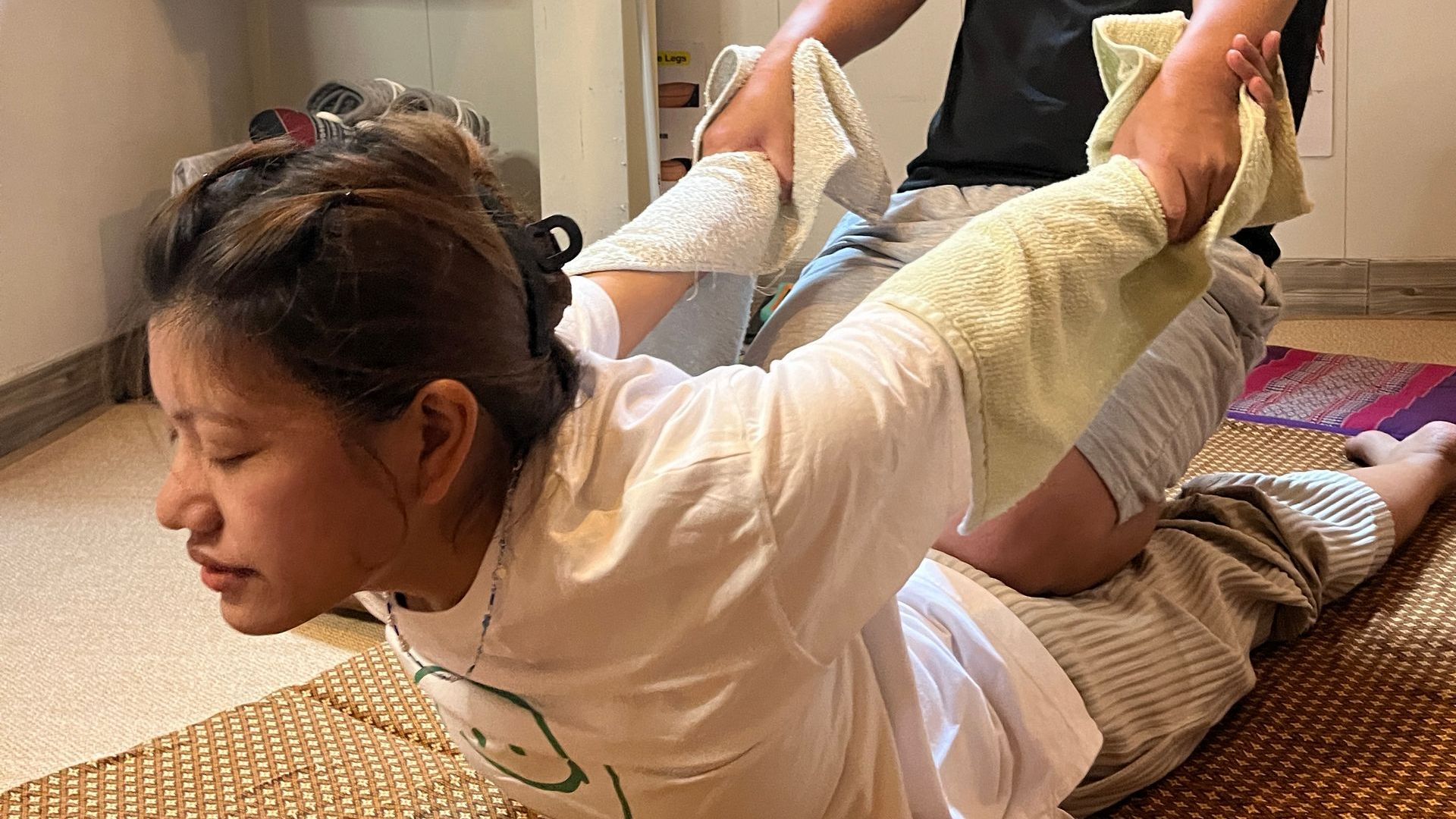13 Things Your Massage Therapist Wants You To Know
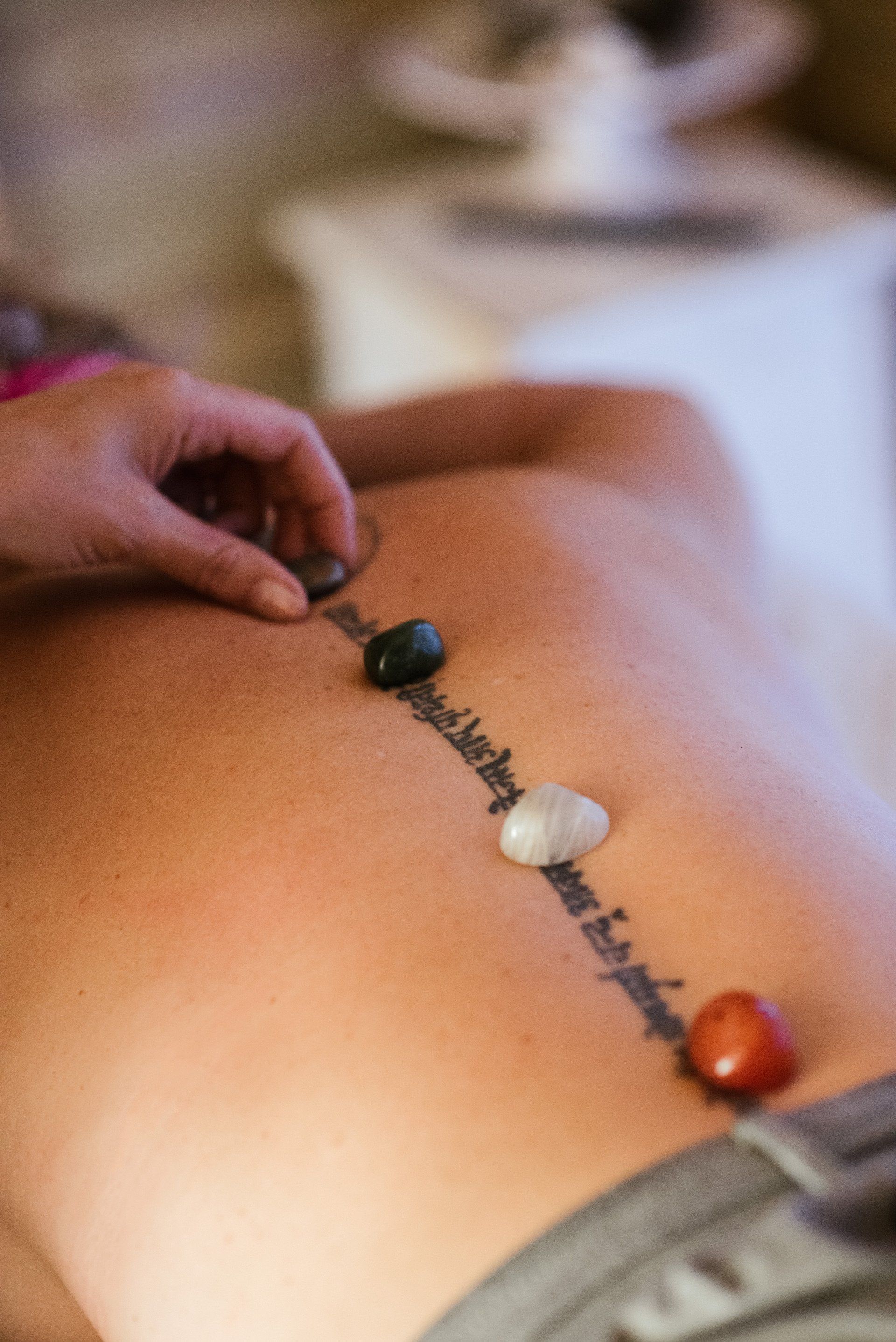
We learned all about how to have the greatest massage ever from a pro.
It's no surprise that a massage can relax your mind and body as well as you already know that a good rubdown has significant health advantages, such as improved blood flow, enhanced immunity, anxiety reduction, and even better sleep quality.
Beyond the obvious, there's a lot to wonder about when it comes to massage's mystery. Massage is one of the few treatments that are quite so up-close-and-personal, so be informed to avoid uncomfortable moments, wasted money, and (most importantly) potential pain.
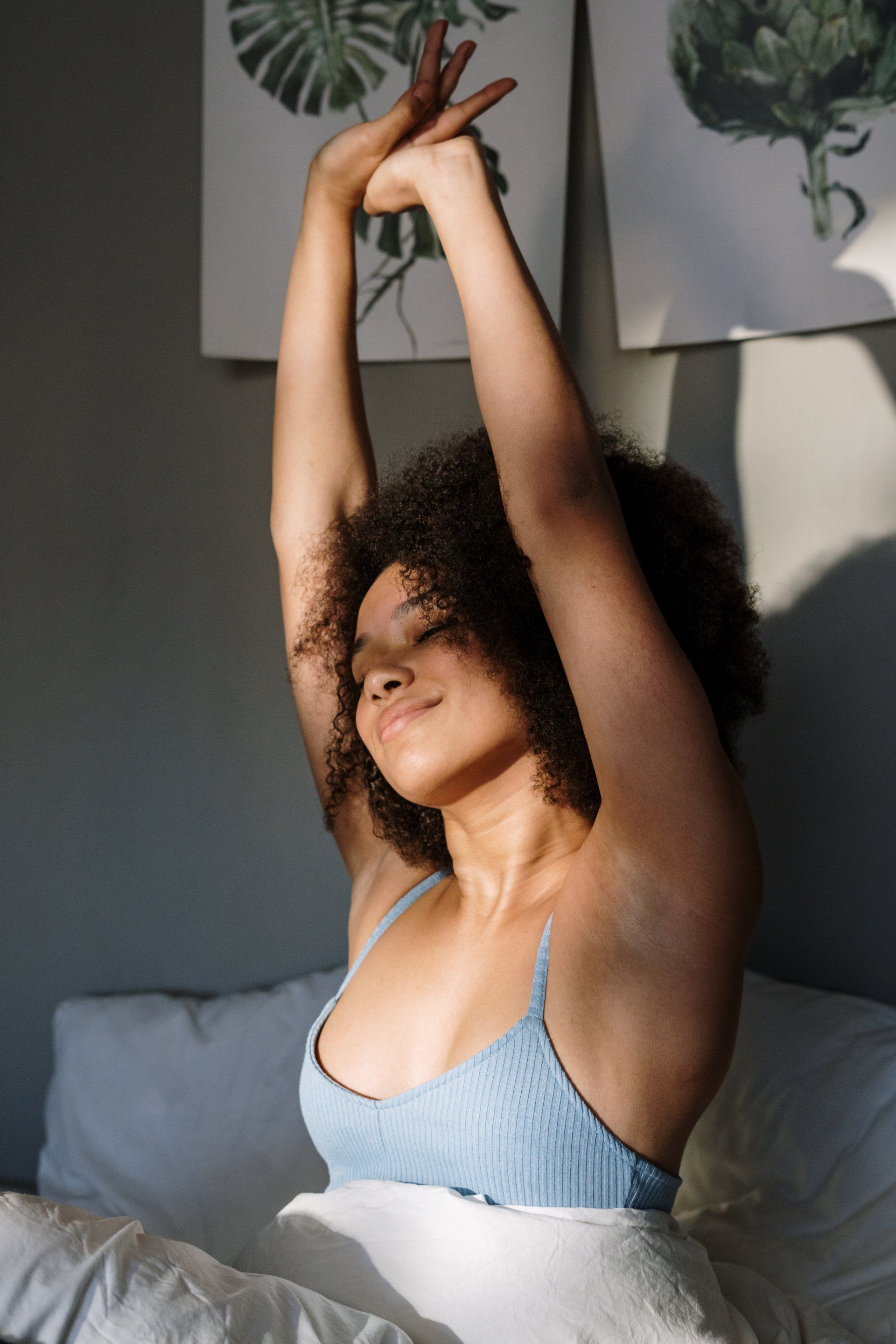
It's Fine to Wear Light and Comfy
Many of us have experienced the awkwardness of wearing no undergarments in front of someone we've never met. However, it's quite normal. Keep in mind that massage therapists are professionals with extensive training, and the appointment will benefit greatly from your undressing. A professional will drape or provide sheets where appropriate, but it's worth noting that undergarments might occasionally get in the way of long strokes or pressure points, resulting in sub-par massage.

Remember to Breathe
When your massage therapist is working on a particularly tough knot, it's easy to get tense and hold your breath. Don't do this, or you might miss out on one of the most significant advantages of that rubdown. When hard areas are being worked on, it's critical to breathe fully and deeply in order oxygenate your blood supply and help the tense muscle.

After your appointment, drink a lot of water.
It's critical to drink plenty of water after a massage. Like a workout, muscles might become dehydrated during a massage. As a result, ingesting lots of water immediately following the treatment is super beneficial in rehydration, muscular growth, and removal of metabolic waste products that accumulate as your muscles are exercised.

A Warm Shower Before is Highly Recommended
Before you go to the spa, make sure you take care of yourself. Taking a long, warm shower is the simplest and most relaxing method to prepare. A warm shower's relaxation benefits on both the brain and muscles will assist you relax during your session, which will benefit both you and the therapist. Also, being and feeling clean can assist with body image concerns. Plus, the therapist will be grateful for your hygiene for obvious reasons.
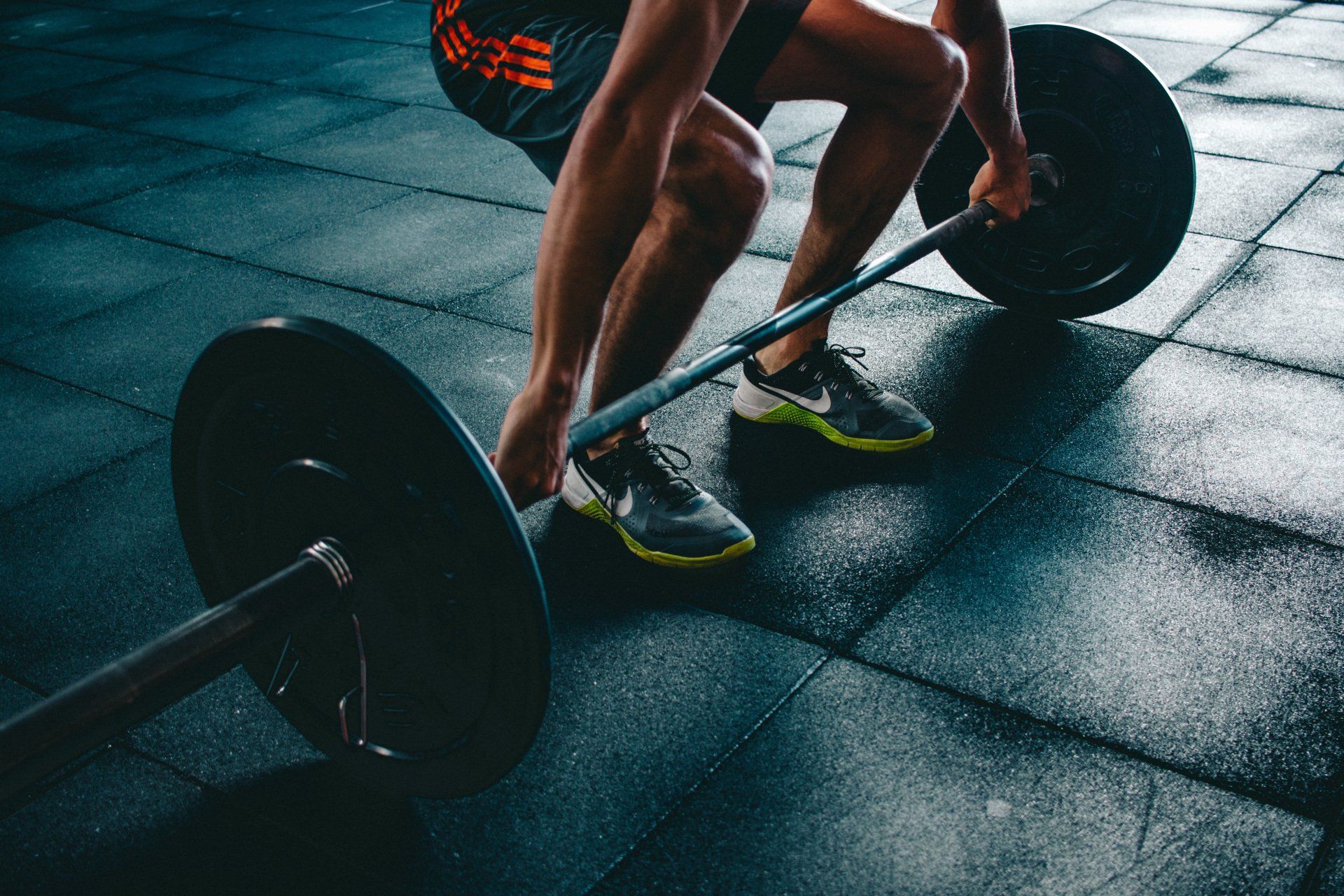
Do Workout Session Before Your Massage
You've booked your massage, but you're committed to another favourite exercise session on the same day. What do you do? Before, not after, your massage, definitely pump the weights or go for a run. The massage is most likely to be successful if the muscles you are working have been warmed up sufficiently beforehand. As a rule, working out straight AFTER A MASSAGE isn't ideal since you'll stress and strain the muscles that have just been relaxed.
Also, if you schedule your workout for later, you'll risk being too tired and injuring yourself, or simply losing interest after being so calm. So, what's on the calendar for tomorrow's gym session? If you're going to get more complex work, we recommend waiting 12 to 24 hours after your massage before working out to allow for recovery time from the massage. Micro-tearing of fibers can happen with deep work, just as a rigorous exercise does, and muscles must heal.

When you make an appointment, request your preferred massage technique
There's nothing worse than leaving the spa feeling unimpressed. While they're trained to assist your body, massage therapists can't read your mind, so it's ideal to inform the receptionist if you want a therapist with a certain pressure or massage techniques when making an appointment. This will assist guarantee that you are matched with someone who will be able to work with your requirements—for example, a light versus deep tissue massage.
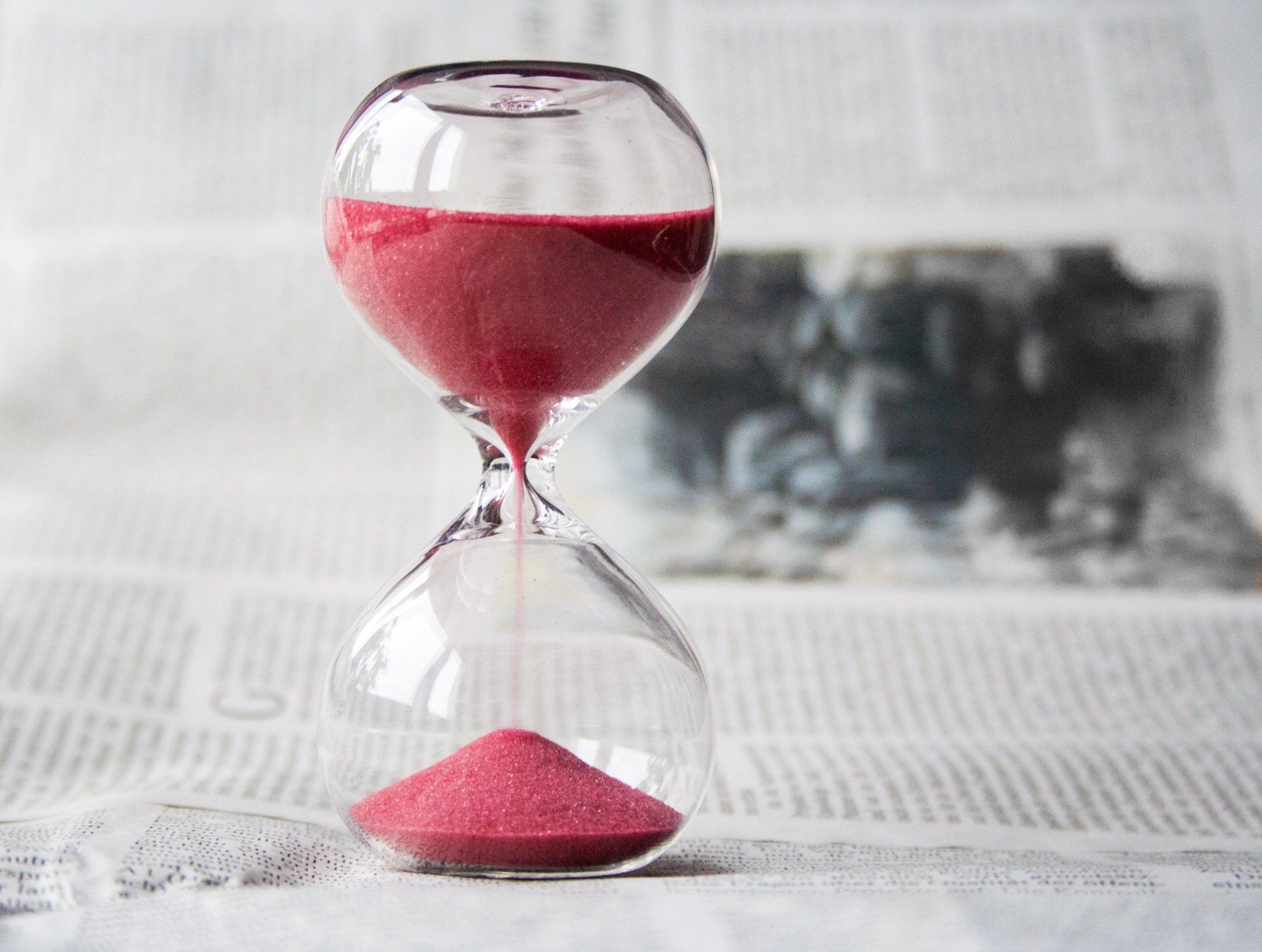
Plan Your Timeline Carefully
While there is no "perfect" hour to schedule a massage, you should still consider the time of your appointment. Consider what makes sense for you and your schedule when determining this. Some people find massage rejuvenating and like to use it as a beginning to their days, while others like the release of stress from work and life with massage at the end of a long day, and they relax in knowing that "off the clock." You're better acquainted with your body than any therapist, so trust your instincts!

Bodily Functions, Well, that Happen...
Massages are a fantastic method to relax, but did you know that they may also help your digestion? If you're getting a massage and hear groaning noises from your belly as well as flatulence, don't worry. It's easy to be embarrassed, but there's no need to be: it's typical for people to release gas during a massage session. If you have any concerns, avoid high-fiber foods the day before your appointment.
It's also a good idea to go to the bathroom before your treatment and not drink too much water right before it begins, since having to pee while someone is pressing on your bladder is pretty inconvenient.

Avoid Eating Right Before
A complete dinner before going to the spa is generally a bad idea, since massage stimulates digestion. I'd advise eating lightly right before a massage, as well as eating earlier in the day. Of course, don't go hungry in the hours before hand, since you may feel dizzy or lightheaded during the treatment as a consequence, but eating lightly one to two hours beforehand will allow for digestion while not making you feel overly stuffed.
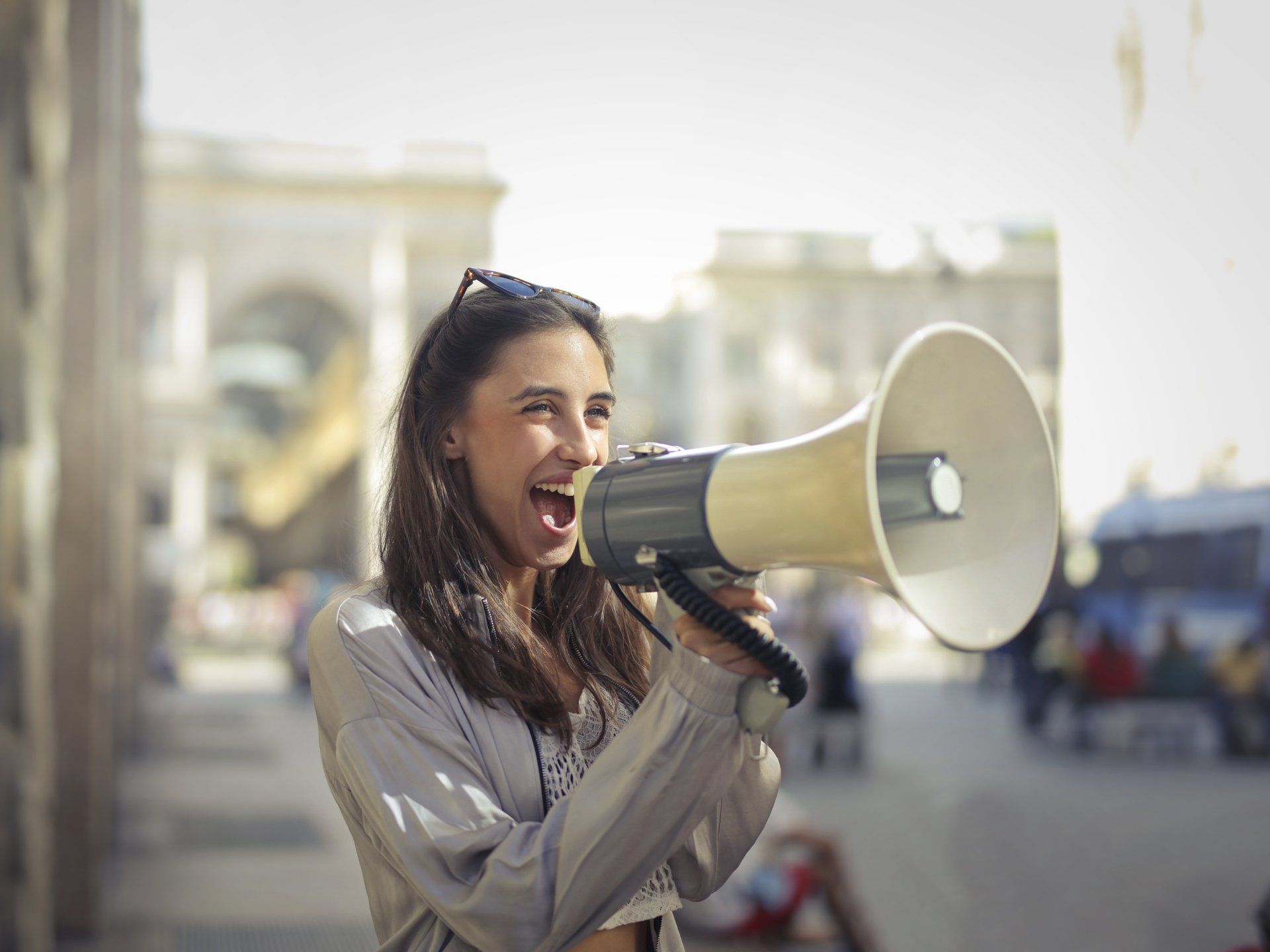
Speak Up
"Do more of this" and "do less of that," on the other hand, might seem strange to say to your massage therapist. But that's precisely what they want you to do. The worst thing you can say is simply, "I just want a good massage." You should not be afraid to inform your masseuse if something she is doing is uncomfortable, the pressure is too much, or you have a question concerning what she's doing during the massage. If that's what you wish—and it's never too late for more time at the end of a session—be sure to ask them.
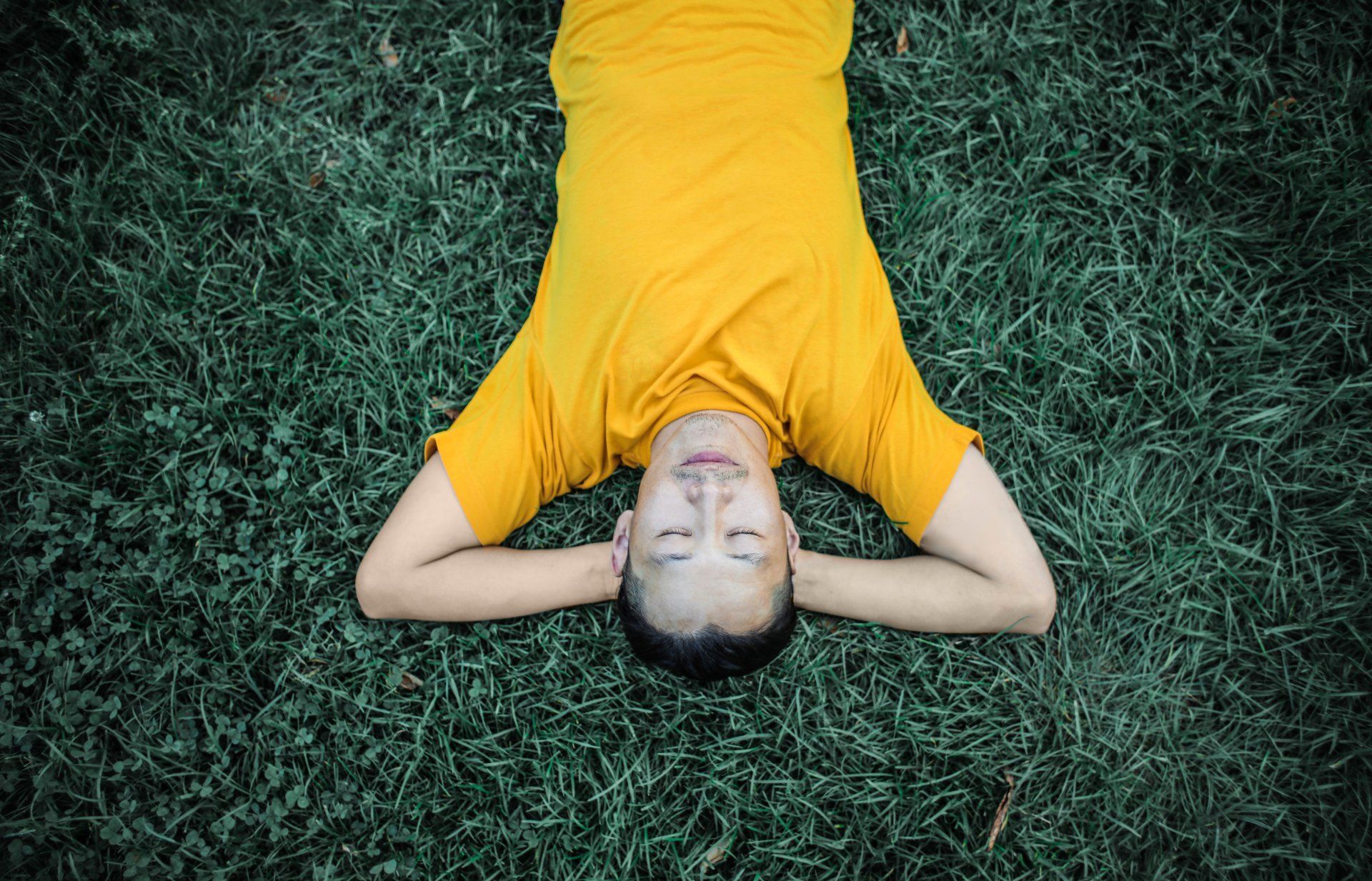
It Shouldn't Hurt
Isn't it true that a little discomfort is necessary in order to accomplish anything? Certainly not always. (Read this article and we will explain more. ) There may be some discomfort from stretching or working on muscles that are tense or tight, but relaxation is critical. If too much pressure is applied, the muscle contracts more and causes even more pain and bruising of the muscle fibers. So, once again, speak up.
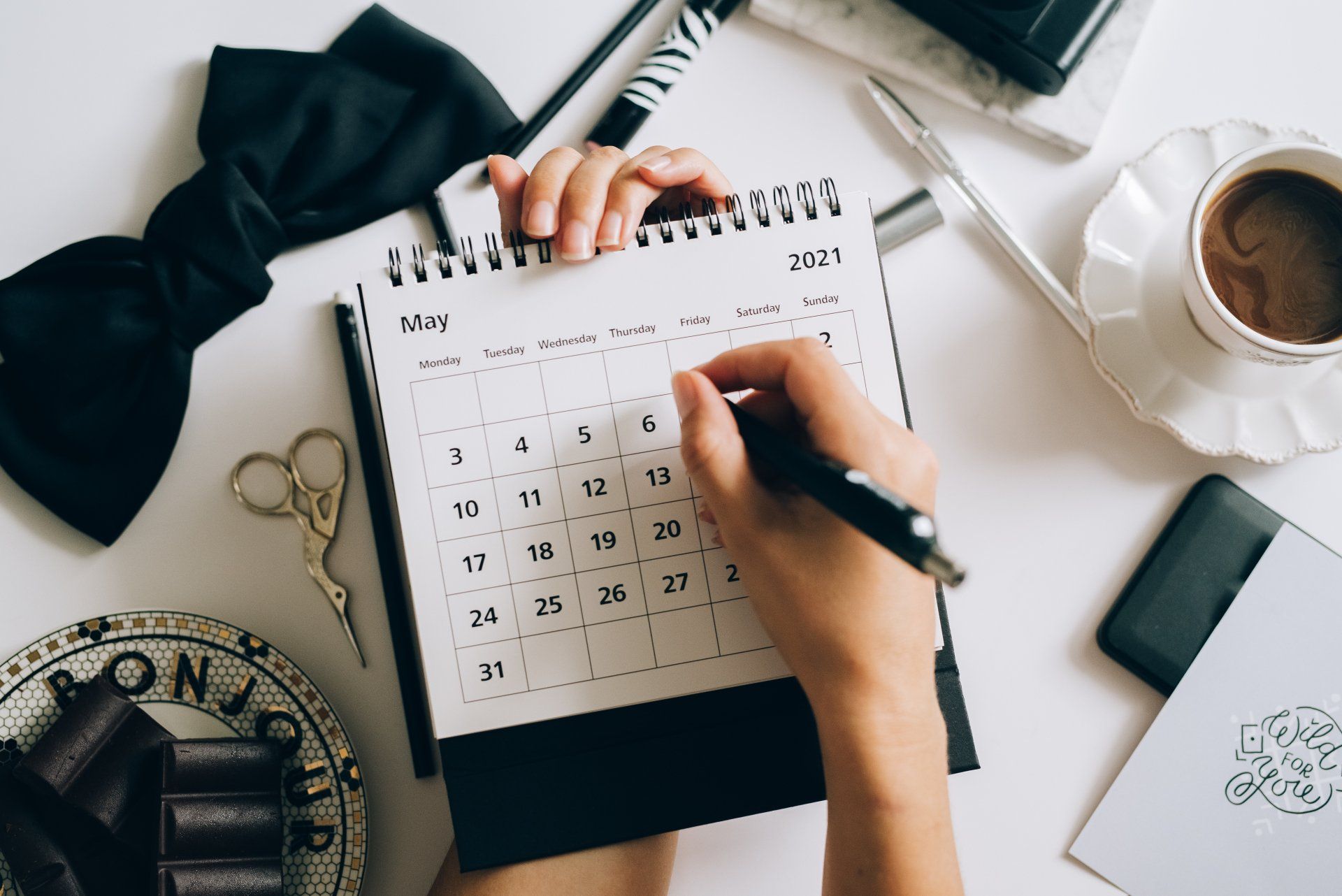
One Massage Every Few Years Isn't Going to Do Much
“Less is more” does not apply when it comes to massage. While one massage may be beneficial, the greatest benefits are seen over time. Massage therapy should be considered a long-term wellness routine. Getting a massage on a regular basis, whether it's once a month or every six weeks, is ideal.
You can't cure all of your muscular tightness and pains because you're always living, breathing, and moving your body, but getting your muscles loosened as a tune-up can really help you avoid injury. Finally, because of the concentrated massage treatment, an hour might only just cover the lower body, for example; and with each visit you may discover another specific region that requires attention.

If You Feel Any Soreness, Treat It
After a massage, your muscles may feel a little sore for the same reason that they do after a fantastic exercise session: They're getting worked really hard! You wouldn't ignore painful or tense muscles after a lengthy run, so you shouldn't after an intense rubdown. To decrease the acute discomfort, ice is advised afterward. This is a wonderful way to finish off any yoga routine while also providing your body with the relaxation it needs.
This article is about the Dos and Don'ts of getting a massage, but you may be wondering how often to get them. The answer? As often as possible! If it's too hard to fit in an hour-long session every week or month, then try for once per quarter or six weeks. You'll find that your muscles will benefit from having more time between treatments and the added bonus of less soreness afterwards. We hope this blog has given you some insight into why massages are great for not just relaxing, but also improving digestion and preventing injury while living life with movement, so go ahead and make an appointment today if any of these sound like something you want!
RECOMMENDED ACTIVITIES
MORE BLOGS



